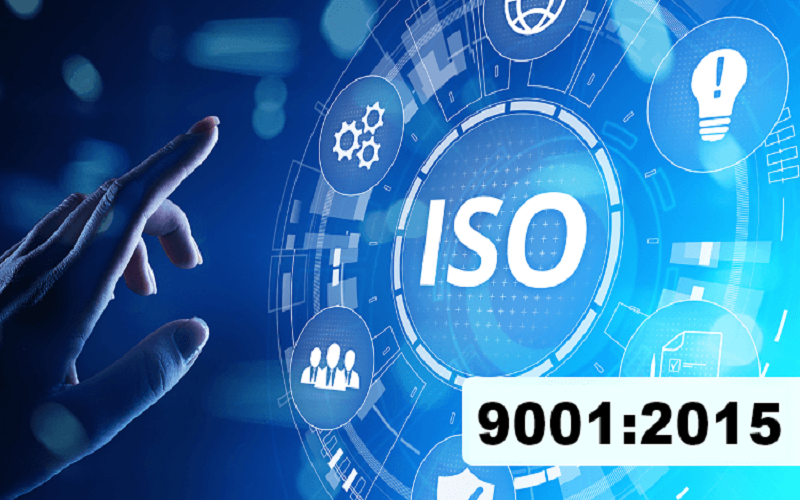Quality management, especially through ISO 9001 training, is important for companies that are looking to enhance their products, services, and organizational performance. The article discusses the key elements and significance of ISO 9001 training. Its significance includes the gains and value that come with the training.
Understanding ISO 9001 Training
ISO 9001 is an internationally accepted set of guidelines for QMS. ISO 9001 training involves the process of teaching people and organizations how to set up, manage, and continually improve their quality management systems (QMS) according to ISO 9001’s standards.
Why is ISO 9001 training important?
Enhanced Quality Management: Trained in ISO 9001, people acquire essential knowledge and competency for developing effective quality assurance schemes. Quality management systems are meant to improve product and service quality, customer satisfaction, and overall effectiveness.
- Consistency and Standardization: This allows consistency within a company to be set up by ISO 9001. Through training, people from different levels of the organization understand and adhere to the same procedures, leading to an overall improved operation of the organization.
- Customer Satisfaction: The main goal of ISO 9001 is to improve customer satisfaction. Through training, individuals learn the importance of customer requirements and expectations, which consequently results in customer loyalty and positive feedback.
- Compliance and Regulatory Adherence: ISO 9001 training makes it possible for companies to maintain compliance with sector-specific regulations and legal requirements. This helps in avoiding the fines, penalties, and legal issues that might arise.
- Risk Management: The training in ISO 9001 focuses on risk management, where an organization is able to identify problems before they occur to prevent them. By taking this proactive approach, organizations can save time and resources.
- Continuous Improvement: Continuous improvement forms the basis of ISO 9001. A culture of continuous review and improvement characterizes training because it entails ensuring that organizations constantly strive to do better.
ISO 9001 training involves these major components:
- Understanding the Standard: Generally, the training starts with an in-depth knowledge of the ISO 9001 standard itself. The QMS is learned by participants in relation to its core principles, structure, and requirements.
- Documentation and Record-Keeping: It involves guiding participants into documentation that will show that their activities conform to the ISO 9001 requirements. This involves the use of procedures, work instructions, and record-keeping documents.
- Internal Auditing: Training of individuals under ISO 9001 is also likely to cover aspects regarding conducting in-house audits. Such practices help organizations assess their QMS regularly to look out for avenues for improvement.
- Management Review: They also taught their people how to conduct management reviews where the performance of QMS is analyzed utilizing the gathered information to make a decision.
- Risk-Based Thinking: It is important to note that the latest version of the standard places emphasis on the identification and treatment of both opportunities and risks within the organization.
Value of ISO 9001 Certification
ISO 9001 certification indicates that an organization embraces and is committed to quality management. It shows that an organization abides by internationally accepted best practices on quality for customers, partners, and stakeholders. Many new business opportunities are normally available upon certification.
Finally, ISO 9001 training is an essential element that leads organizations to implement quality management systems, maintain compliance, and create permanent improvement for better business outcomes. This is the main objective it serves in ensuring consistency, customer satisfaction, and regulatory compliance for product or service quality. Individuals requiring quality education on ISO 9001 training would better consider engaging a respectable certification body such as INTERCERT. INTERCERT is well known for its ISO 9001 certification, and it is because of this that organizations and individuals get the best training and certificates so that they can be aligned with global standards of excellence.

















+ There are no comments
Add yours